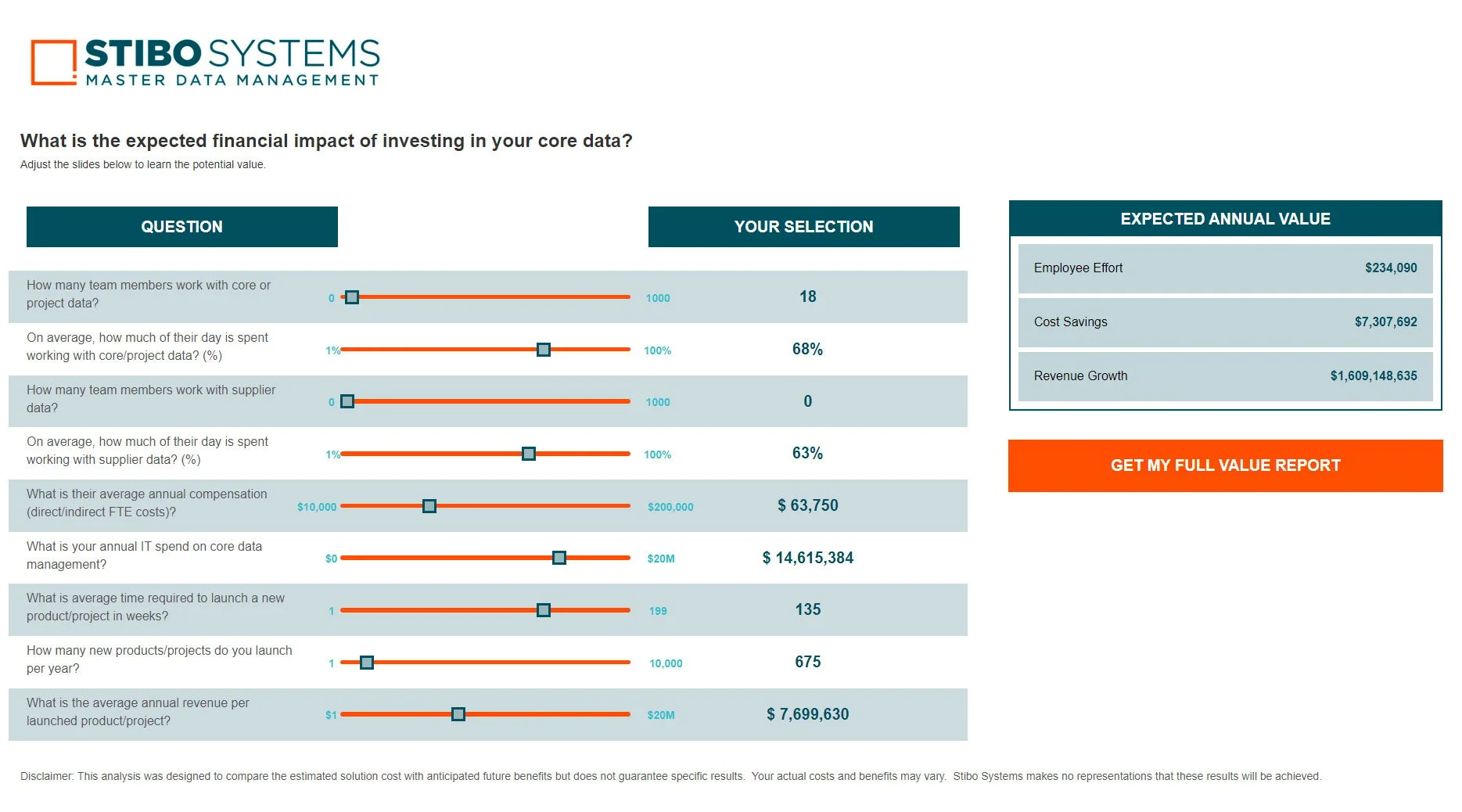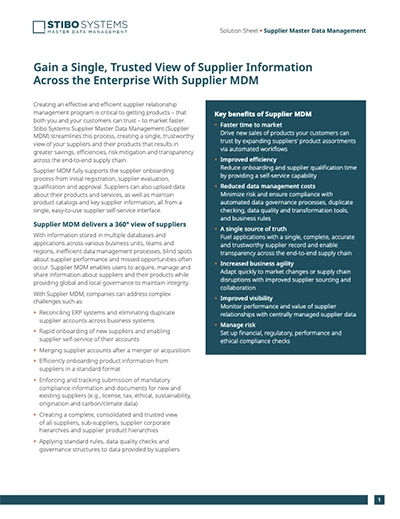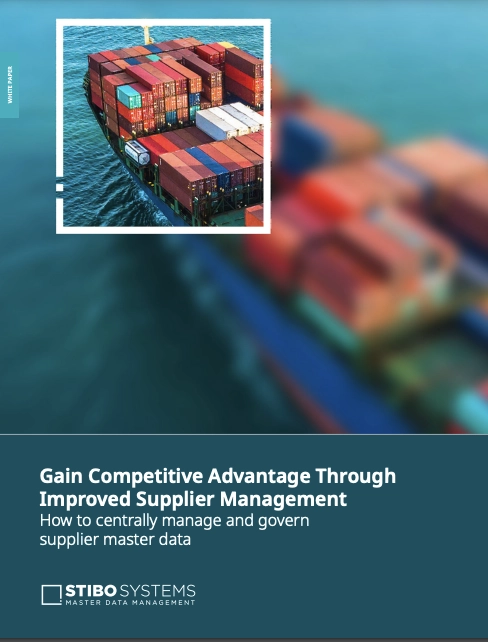In today's globalized and complex supply chain environment, supplier compliance is becoming increasingly important for businesses. It refers to the process of ensuring that suppliers adhere to legal, ethical and operational standards as well as meeting the buyer's requirements and expectations. Failure to comply with these standards can result in significant risks and consequences such as supply chain disruptions, legal and regulatory fines, reputational damage and increased costs.
In this blog post, we will explore the importance of supplier compliance, the risks associated with non-compliance and the benefits of implementing a robust supplier compliance program. We will also discuss some of the key considerations and best practices for ensuring supplier compliance in a supply chain context.

What is supplier compliance?
Supplier compliance refers to the process of ensuring that suppliers meet certain standards and requirements set forth by the buyer or the regulatory authorities. It involves monitoring and evaluating suppliers to ensure that they comply with applicable laws, regulations and industry standards as well as the terms of their contract with the buyer. The goal of supplier compliance is to reduce risk and improve the performance and quality of the supply chain. This can include compliance with regulations related to labor practices, environmental protection, product safety, data privacy and other areas. It can also involve ensuring that suppliers maintain ethical business practices and adhere to contractual obligations related to delivery, quality and pricing. Effective supplier compliance programs typically involve a combination of policies, procedures and monitoring tools such as audits, assessments and performance metrics.
What are the benefits of supplier compliance?
There are several benefits to ensuring supplier compliance in a supply chain, including:
-
Reduced risk: Ensuring supplier compliance can help to reduce the risk of supply chain disruptions, regulatory fines, legal action and reputational damage. By monitoring and enforcing compliance, buyers can identify and address potential issues before they become major problems.
-
Improved quality and performance: Supplier compliance programs can help to improve the quality and performance of the supply chain by ensuring that suppliers meet agreed-upon standards for quality, delivery and pricing. This can lead to increased efficiency, productivity and customer satisfaction.
-
Increased transparency: Supplier compliance programs can increase transparency in the supply chain by providing visibility into supplier practices, performance and compliance with regulations and standards. This can help to build trust and enhance relationships with customers, investors and other stakeholders.
-
Ethical and sustainable sourcing: Ensuring supplier compliance can help to promote ethical and sustainable sourcing practices such as fair labor practices, environmental sustainability and ethical business conduct. This can help to align the supply chain with the values and expectations of customers and other stakeholders.
-
Cost savings: Supplier compliance programs can help to reduce costs by identifying inefficiencies and non-compliance issues that can lead to waste, rework and delays. By promoting efficiency and reducing waste, supplier compliance can help to improve profitability and reduce costs.
Overall, ensuring supplier compliance can help to promote a more resilient, efficient and sustainable supply chain, while reducing risk and enhancing the reputation of the buyer and their stakeholders.
Solution Sheet
Gain a Single, Trusted View of Supplier Information
Across the Enterprise With Supplier Master Data Management
How to ensure supplier compliance?
Ensuring supplier compliance involves implementing a range of policies, procedures and monitoring tools to identify and address non-compliance issues. Some strategies for ensuring supplier compliance include:
1. Establishing clear supplier requirements and standards
Buyers should clearly define their expectations and requirements for suppliers in terms of quality, performance, pricing, delivery and compliance with laws and regulations. This can include setting standards for ethical conduct, environmental impact, labor practices and other areas.
2. Conducting due diligence
Buyers should conduct thorough due diligence on potential suppliers to ensure they are capable of meeting compliance requirements. This can include evaluating their financial stability, reputation and compliance history.
3. Monitoring supplier performance
Buyers should establish monitoring tools, such as audits, assessments and performance metrics, to track supplier performance and identify areas of non-compliance. This can include monitoring supplier compliance with contract terms, industry standards and regulatory requirements.
4. Providing training and support
Buyers should provide training and support to suppliers to help them understand and comply with relevant regulations and standards. This can include providing guidance on best practices for ethical conduct, environmental sustainability and labor practices.
5. Enforcing consequences for non-compliance
Buyers should establish consequences for suppliers who fail to meet compliance requirements such as termination of the contract, fines or legal action. This can help to incentivize suppliers to maintain compliance and reduce the risk of non-compliance.
6. Continuous improvement
Buyers should work with suppliers to continuously improve their compliance performance over time. This can involve establishing performance improvement plans, implementing corrective actions and collaborating on initiatives to improve sustainability, quality and efficiency.
Overall, ensuring supplier compliance requires a multifaceted approach that involves clear expectations, robust monitoring and enforcement mechanisms and a commitment to continuous improvement.
What are the consequences of non-compliance?
Supplier non-compliance can have a range of negative consequences for buyers and their stakeholders, including:
-
Supply chain disruptions: Non-compliant suppliers can disrupt the supply chain by failing to deliver goods on time, providing poor quality products or causing delays due to non-compliance issues.
-
Regulatory fines and legal action: Non-compliance with laws and regulations can result in regulatory fines, legal action and reputational damage for both the supplier and the buyer.
-
Reputational damage: Supplier non-compliance can lead to reputational damage for the buyer, especially if non-compliance issues are discovered by customers or the media. This can lead to loss of trust and reduced sales.
-
Increased costs: Non-compliance issues can result in additional costs such as fees for regulatory fines or the cost of correcting non-compliant products or processes.
-
Reduced quality and performance: Non-compliant suppliers can provide low-quality products or services that fail to meet agreed-upon standards, leading to reduced performance and customer satisfaction.
-
Ethical concerns: Non-compliance with ethical standards, such as fair labor practices or environmental regulations, can raise ethical concerns and harm the reputation of the buyer and their stakeholders.
Overall, supplier non-compliance can have a range of negative consequences that can harm the buyer's reputation, financial performance and relationships with stakeholders. It is important to have robust supplier compliance programs in place to mitigate the risk of non-compliance and address issues promptly if they arise.
Supplier compliance best practices
Here are some supplier compliance best practices that businesses can implement to ensure that their suppliers adhere to legal, ethical and operational standards:
1. Establish clear expectations
Clearly define the expectations and requirements for suppliers in terms of compliance with legal, ethical and operational standards. This can include policies, procedures and contracts that outline compliance expectations and consequences for non-compliance.
2. Conduct due diligence
Conduct due diligence on potential and existing suppliers to ensure they meet compliance standards. This can include verifying their certifications, licenses and compliance history as well as assessing their financial stability and reputation.
3. Monitor supplier compliance
Monitor supplier compliance regularly to ensure that they continue to meet compliance requirements. This can involve audits, inspections and performance evaluations that assess compliance with legal, ethical and operational standards.
4. Implement compliance training
Provide compliance training to suppliers to ensure they understand the expectations and requirements for compliance. This can include training on relevant laws and regulations, ethical standards and operational requirements.
5. Foster open communication
Foster open communication channels with suppliers to encourage them to report any compliance concerns or issues. This can help to identify and address compliance issues early on, before they become more significant problems.
6. Implement a robust data management system
Implement a robust master data management system to ensure that all supplier data is accurate, up-to-date and easily accessible. This can help to streamline compliance monitoring and reporting as well as ensure that stakeholders have access to the information they need to assess compliance performance.
7. Continuously improve
Continuously evaluate and improve the supplier compliance program to ensure it remains effective and relevant. This can involve soliciting feedback from stakeholders, assessing compliance program effectiveness and implementing corrective actions as needed.
By implementing these best practices, businesses can ensure that their suppliers adhere to legal, ethical and operational standards, reducing the risk of non-compliance and associated consequences.
White Paper
Gain Competitive Advantage Through Improved Supplier Management
How to centrally manage and govern supplier master data
How can master data management help ensuring supplier compliance?
Master data management can play an important role in ensuring supplier compliance by providing a centralized, accurate and up-to-date source of supplier data. Master data management can help to ensure that all relevant supplier data is consistent and reliable, which can be critical for monitoring and enforcing compliance. Here are some ways that master data management can help to ensure supplier compliance:
-
Standardizing supplier data: Master data management can help to standardize supplier data by ensuring that all supplier records use consistent naming conventions, data structures and data formats. This can help to reduce errors and inconsistencies in supplier data, which can improve the accuracy of compliance monitoring.
-
Consolidating supplier data: Master data management can help to consolidate supplier data from multiple sources, such as ERP systems, supplier portals and other databases. This can help to ensure that all relevant supplier data is available in a single, unified view, which can improve the efficiency and effectiveness of compliance monitoring.
-
Enriching supplier data: Master data management can help to enrich supplier data with additional information such as compliance history, certifications and ratings. This can provide a more complete picture of supplier compliance performance, which can help to identify potential compliance issues and prioritize compliance monitoring efforts.
-
Providing real-time data: Master data management can help to provide real-time supplier data such as updates to compliance certifications or changes to supplier ownership. This can help to ensure that compliance monitoring is based on the most up-to-date and accurate data, which can improve the effectiveness of compliance monitoring.
-
Streamlining compliance reporting: Master data management can help to streamline compliance reporting by providing a centralized source of accurate and reliable supplier data. This can make it easier to generate compliance reports and provide stakeholders with the information they need to assess compliance performance.
Overall, master data management can play a key role in ensuring supplier compliance by providing a centralized, accurate and up-to-date source of supplier data. This can help to improve the efficiency and effectiveness of compliance monitoring, reduce the risk of non-compliance and enhance the reputation and performance of the supply chain.









